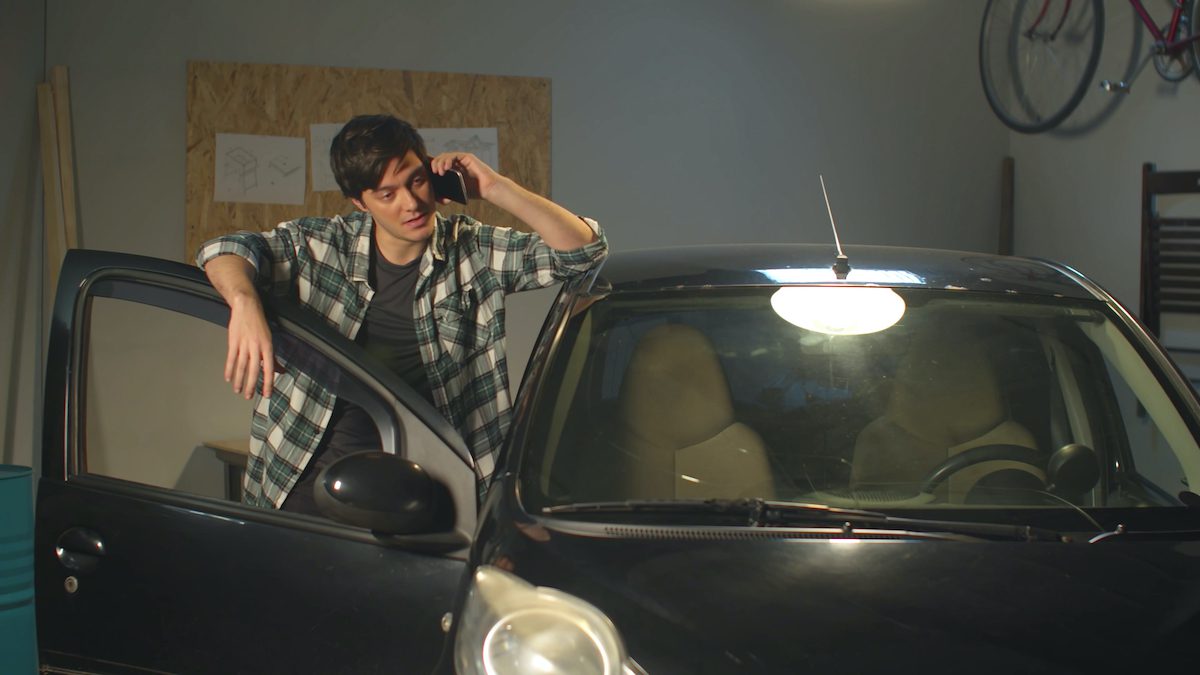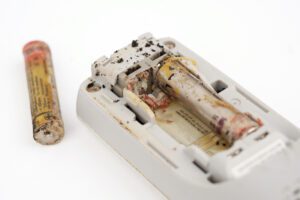
Are you facing issues with your garage door opener motor but unsure whether it’s broken? Understanding the signs of a malfunctioning garage door opener motor can save you time and money, ensuring your garage door operates smoothly and efficiently. Here’s what you need to know about identifying problems with your garage door opener. Keep reading to find out if your garage door opener motor is broken or just malfunctioning.
Signs Your Garage Door Opener Motor is Malfunctioning
The Door Doesn’t Respond to Remote or Wall Switch
One common sign of a broken garage door opener is when the door fails to respond to the remote control or wall switch. This lack of response could indicate an issue with the power supply, the remote control’s batteries, or the opener’s motor.
Unusual Noises During Operation
If your garage door opener starts making strange noises such as grinding, buzzing, or clicking, it’s time to pay attention. These sounds can signal that the opener’s gears are worn out or other internal issues.
The Door Reverses Unexpectedly
A garage door that reverses direction immediately after touching the ground or starts to close and then reverses is a clear sign of a problem. This reversal could be due to misaligned safety sensors or malfunctioning opener mechanics.
Intermittent Functioning
If your garage door opener works inconsistently, operating correctly one moment and failing the next, this intermittent functioning can indicate an internal fault in the opener, such as overheating or electrical issues.
The Opener Operates by Itself
An opener that activates without any input is not only problematic but also a potential security risk. This erratic garage door operation could often be caused by a faulty circuit board or interference with the remote control signal.
Garage Door Opens Slowly
When the door opens noticeably slower than usual, it shows a weakening motor nearing its maximum lifespan. The motor may need help to lift the garage door efficiently with reduced power. Replacing the unit can rectify this issue and restore smooth operation.
Garage Door Gets Stuck
Frequent occurrences of the garage door getting stuck indicate a potential issue. If your garage door frequently becomes stuck in the open position or experiences delays when opening or closing, it’s likely due to a faulty or worn-out garage door opener motor. Such malfunctions can result in frustrating and potentially unsafe situations.
DIY Troubleshooting and Tips
In addition to professional assistance, homeowners can take proactive steps to maintain their garage door openers. Regular lubrication of moving parts, such as rollers and hinges, can prevent premature wear and tear.
Inspecting the tracks for debris or obstructions and ensuring the photo-eye sensors are correctly aligned are also crucial for optimal performance.
Furthermore, familiarizing yourself with the user manual can provide valuable insights into troubleshooting specific issues. From adjusting the force settings to programming remote controls, simple DIY solutions can resolve many minor problems.

Try this!
If your garage door opener seems unresponsive, don’t jump to conclusions about a broken unit just yet. Start by checking the batteries in all your garage door remotes, as well as the wall unit, to rule out dead or leaking batteries as the culprit. If one remote requires new batteries, it’s best to replace them in all remotes to ensure consistent performance.
If the issue persists after checking the batteries, consider whether the door is properly connected to the opener. Even if the opener’s light comes on and you hear noises indicating it’s attempting to operate, it could be that the door isn’t connected. This can happen after a power outage or when testing the door’s balance.
To reconnect the door and opener, follow these steps:
- Close the door manually.
- Press the close button on your remote.
- If your door doesn’t reconnect automatically, pull the emergency release cord toward the garage door.
FAQ Section
Q: How often should I perform maintenance on my garage door opener?
A: We recommend conducting maintenance checks at least once a year. However, for optimal performance, a bi-annual checkup is preferable.
Q: Can I repair my garage door opener myself?
A: While some minor issues can be fixed with DIY methods, we recommend contacting a professional for more complex problems to ensure safety and efficiency.
Q: What is the average lifespan of a garage door opener?
A: Proper maintenance ensures that a garage door opener lasts 10 to 15 years. However, this can vary based on usage and environmental factors.
Q: How do I know when to replace my garage door opener?
A: If your opener is frequently breaking down, making unusual noises, or is over 15 years old, it might be time for a replacement.

Garage Door Opener is an Older Model
If you’ve encountered frequent issues with your garage door opener, particularly if it’s an older model that’s aged 15 years or more, it’s wise to think about upgrading to a newer, more efficient model.
Given that specific garage door opener models are no longer manufactured, a complete replacement often becomes necessary when replacement parts are unavailable. Additionally, if your current opener lacks safety eyes—a standard feature in most models since 1993—it’s advisable to consider replacement for improved safety measures.
Summary
When confronted with a seemingly broken garage door opener, follow these steps:
Check Power Supply: Ensure electricity is reaching the opener.
Manually Operate Door: Verify if the door can be opened without the opener.
Inspect Opener Lights: Check for illuminated wall control lights.
Reset Opener: Unplug and reconnect the unit before retesting.
Broken Springs: Never operate a garage door opener with broken springs.
Conclusion
Is your garage door opener motor broken?
If these steps fail to resolve the issue, the garage door opener likely requires repair or replacement. For more troubleshooting tips and DIY solutions, we invite you to visit our Troubleshooting Guide. By methodically assessing the situation, homeowners can make well-informed decisions that restore functionality to their garage doors while keeping costs manageable.
Do you need to upgrade or replace your garage door opener?
Are you looking to upgrade or replace your residential garage door operator? Look no further than Overhead Door Company of Huntsville/North Alabama™ for expert assistance. Our team can guide you in selecting the perfect system tailored to your home’s needs, whether you require a light, medium, or heavy-duty option. We exclusively offer high-quality products from leading brands like Overhead Door Company™ for lasting performance.
Additionally, we provide a comprehensive range of garage doors and offer professional installation, repair, and maintenance services to ensure optimal functionality.





